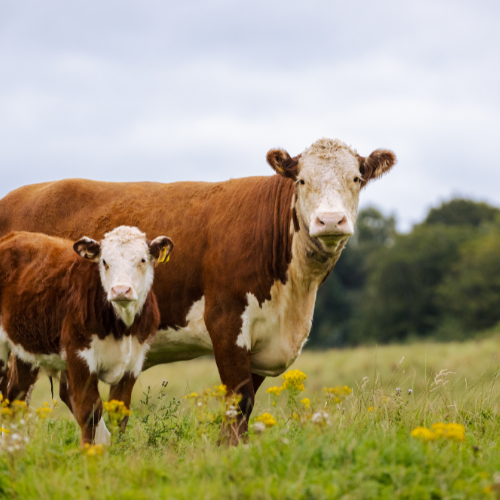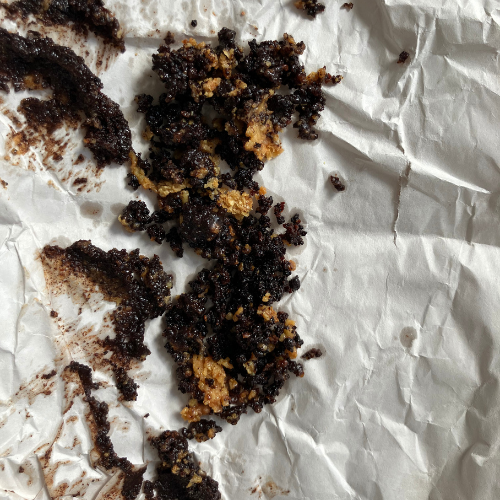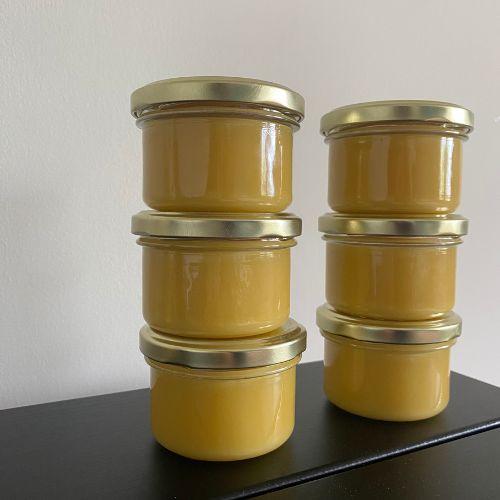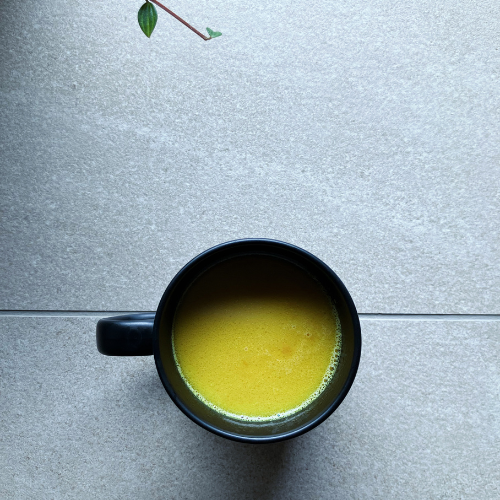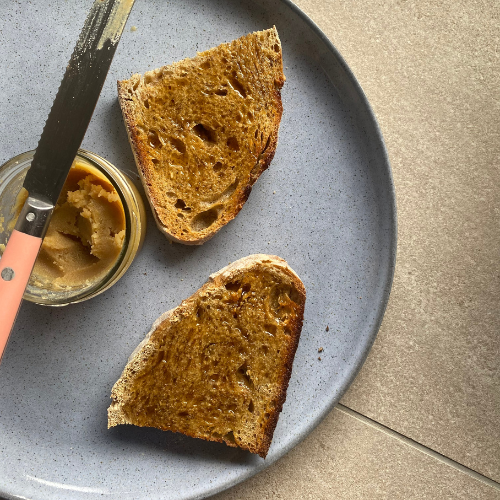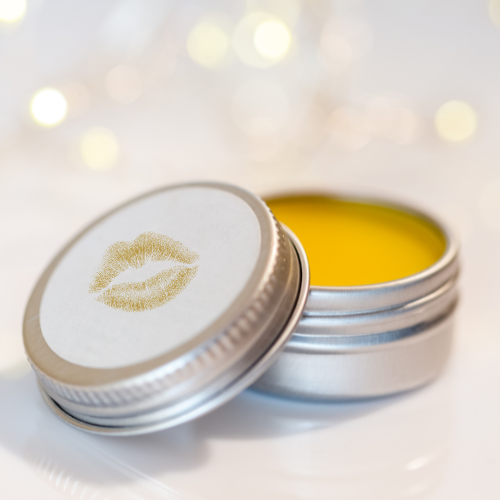But Ghee is So Expensive!
Why Value Matters More Than Price
When It Comes to What We Eat
✦
Let’s be honest: food has become expensive. Over the past couple of years, Brexit, inflation, and post-Covid ripples have all left their mark on our wallets. Sometimes it feels like every trip to the supermarket is a small shock—eggs, butter, meat, even the so-called “basics” like lentils and pasta. And if you’ve ever stood in front of a jar of ghee, you may well have thought: “Lovely idea, but not at that price.”
I get it. The cost of living crisis is real, and it’s taking a toll not just on our finances but on our stress levels, mental health, and overall wellbeing. When you’re just trying to get food on the table, it’s perfectly reasonable to question whether ghee deserves a spot in the basket.
But here’s the thing: when it comes to food, I believe it’s not simply about cost. It’s about value. And ghee—when it’s the real deal—offers exceptional value in ways that might surprise you.
✦
Why Good Ghee Costs What It Does
Real ghee is made from 100% butter, slowly clarified until only the pure golden fat remains. It takes time, care, and quality butter to produce. Unfortunately, not all ghee on the market is created equal—many cheaper options are cut with vegetable oils. Not only does that compromise taste, but it undermines the very health benefits ghee is loved for.
At Yoghee, our ghee is made from grass-fed butter—which means better nutrition, a richer flavour, and a product that honours both the cow and the land. I also keep prices as low as possible by cutting out the middleman and selling directly to you. I reuse glass jars and look for savings in other areas before even considering a price rise. I want Yoghee to be fair and accessible while never compromising on purity.
Ghee Lasts (and Lasts, and Lasts…)
One of ghee’s best-kept secrets? Its longevity. Unlike butter, it doesn’t go off quickly. A jar of ghee in your cupboard can last for months without spoiling, and a little goes a long way in cooking. That means less waste, and more value per spoonful.
So while the upfront cost might feel steep, spread across its lifespan, ghee often works out as one of the most practical fats you can buy.
Versatile, Delicious, and Oh-So Useful
Good ghee isn’t just nutritious—it’s wonderfully versatile. You can use it in place of almost any cooking oil thanks to its high smoke point, making it perfect for frying, roasting, or sautéing. It also works beautifully as a spread, melting into toast, pancakes, or warm flatbreads with a nutty, caramel-like flavour that butter just can’t match.
And here’s a fun extra: some people even dab it on dry lips or patches of skin as a natural balm. One jar, endless uses.
Food That Nourishes More Than Your Stomach
You’ve probably heard the phrase: “You are what you eat.” I’d take it further: You are what you eat, digest, absorb, and assimilate.
Ghee is renowned in Ayurveda and now increasingly in modern nutrition for its gentle effect on the gut. It can actually help your body absorb fat-soluble vitamins and minerals from the other foods on your plate. So by cooking with ghee, you’re not only nourishing yourself with its own goodness—you’re unlocking more nutrition from everything else you eat.
That’s what I mean by value: food that works harder for your health.
Choosing With Care
If you’re on a tight budget, please don’t feel pressured to buy ghee “for the sake of it.” But if you are considering it, choose carefully. Be wary of cheap blends that aren’t truly ghee—they don’t offer the same benefits, they taste funky, and in the long run, they’re poor value for both your health and your money.
When you choose real, grass-fed ghee, you’re choosing something that lasts, supports your wellbeing, and—at least at Yoghee—is priced with care for the customer, not just the business.
✦
Yes, ghee may seem like a luxury at first glance. But when you look at its purity, versatility, and nourishing qualities, it starts to feel less like an indulgence and more like a quiet investment in your health and kitchen.
Maybe when it comes to buying food the real question isn’t, “Can I afford this?” but rather, “Would this bring real value into my cooking and wellbeing?”—and if the answer feels like a yes, it has earned its place in your basket.
✦

